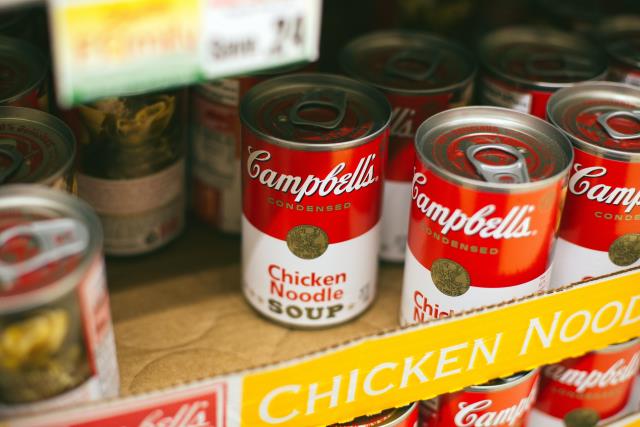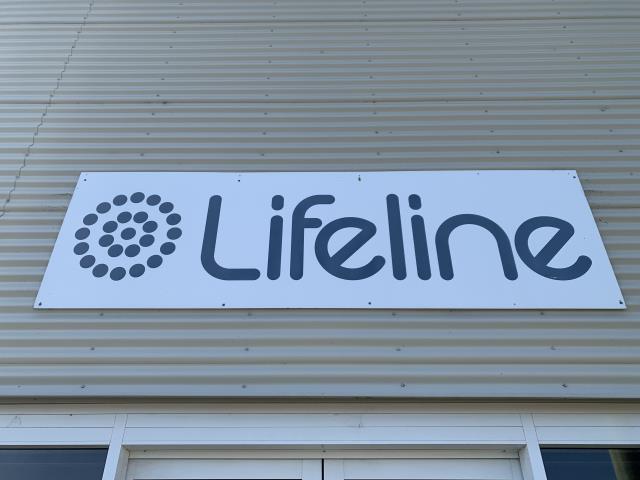The rising cost of living has impacted many families in recent weeks and local community charities have felt the pressure.
Supermarket prices have sharply increased and more families are turning to charities for food than ever before.
Melton South Community Centre manager Pamela Madej said their weekly Friday food parcel distribution had a large jump in demand.
“Over the past six weeks the numbers have been steadily increasing,” Ms Madej said.
“A lot of food bank charities have closed down because they don’t have enough staff or staff are isolating.”
Ms Madej said the centre normally had about 105 people come to receive food parcels but last Friday they had 140.
“Some of the people that may have had a job and were reasonably well off are a bit embarrassed to come, but we make them as comfortable as possible and we say to them that this is for everybody and they’re welcome to come every week,
“People need that extra little hand out as the prices of food are going up,” she said.
However, Ms Madej warned that the centre had reached capacity on their most recent donation day.
Combined Churches Caring Melton manager Denise Morris said their centre had also seen a big increase in the demand for food from the local community, especially with the rise in fuel prices.
“People say the food we’re giving helps to alleviate their budget so they can afford petrol,”
“The last three weeks we’ve seen numbers escalate, probably to about double,” Ms Morris said.
The centre is open five days a week for Melton residents to collect food parcels, with current demand at about 15 families visiting per day.
“I can see people that have traditionally seldom approached are now more desperate and are coming more regularly,” Ms Morris said.
Tuesday night’s budget announcement from the federal government included one-off cost of living tax offset payments for low income earners and pensioners.
The Australian Council of Social Service said these tax offset payments would only help people struggling financially for a week, rather than serving as permanent help.
“We don’t need temporary measures, we need measures that communities can rely on,” it said.







